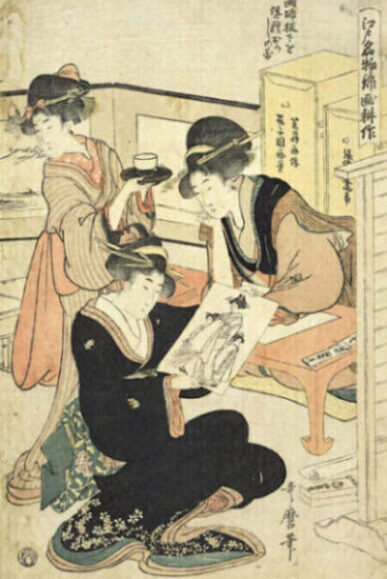In sixteenth-century Japan, samurai lords were as much bureaucrats as warriors. Between castle sieges and border skirmishes, they spent countless hours mediating petty disputes, refereeing insults and tantrums among supposedly loyal retainers. Yūki Masakatsu (1503–1559) found himself so exasperated by endless feuds that he commissioned a 106-article legal code simply to force everyone to shut up and get back to work. In his preface he wrote that some retainers argued so absurdly, “claiming a heron is a crow”, that they seemed to believe their own tall tales. Their theatrics gave him headaches worthy of a modern CEO’s toughest board meeting, so he “prescribed these laws” as a dose of managerial sanity.
To paraphrase Masakatsu’s frustration: you drama queens waste my time with invented facts and suicidal threats, then expect me to rule on your nonsense. Swallow this rulebook like the pill you desperately need.
Masakatsu’s approach mirrors today’s human-resources policies, where clear guidelines and conflict-resolution procedures can save organizations from internal collapse. In Western firms a disruptive employee might trigger a performance improvement plan or a mediation session. In modern Japan, consensus-driven decision-making can delay action until everyone has nodded three times and approved a commemorative memo. Both systems aim for harmony,one with a quick write-up, the other with a thousand-stroke procurement of buy-in.
Unsurprisingly, the Yūki domain saw little growth under endless internal wrangling. Energy once devoted to farming, trade and defense was instead spent drafting clauses on proper bowing etiquette and the precise width of hakama pleats. Masakatsu died only three years after codifying his laws, perhaps proof that even a feudal lord cannot escape the stress of poor team dynamics.
History is littered with organizations that collapse from within. Whether it’s a samurai clan or a startup, teams need both strong leadership and clear processes. In Japan today many companies still lean on lifetime employment and unwritten rules to maintain order. In the West, rapid hiring and firing keep teams lean but can erode loyalty. Each culture balances stability and agility differently and both can learn from Yūki Masakatsu’s bold experiment in corporate governance.
江戸名物錦画耕作・画師、板木師 – Edo Meibutsu Nishiki-e Kōsaku: Eshi, Hangishi by Kitagawa Utamaro
Author’s Note
No samurai were harmed in the making of this article, though one did narrowly avoid a paper cut from reading Masakatsu’s rulebook. The author suggests you codify your own team’s “laws of sanity”, it might just save you from endless workplace drama.


Leave a Reply